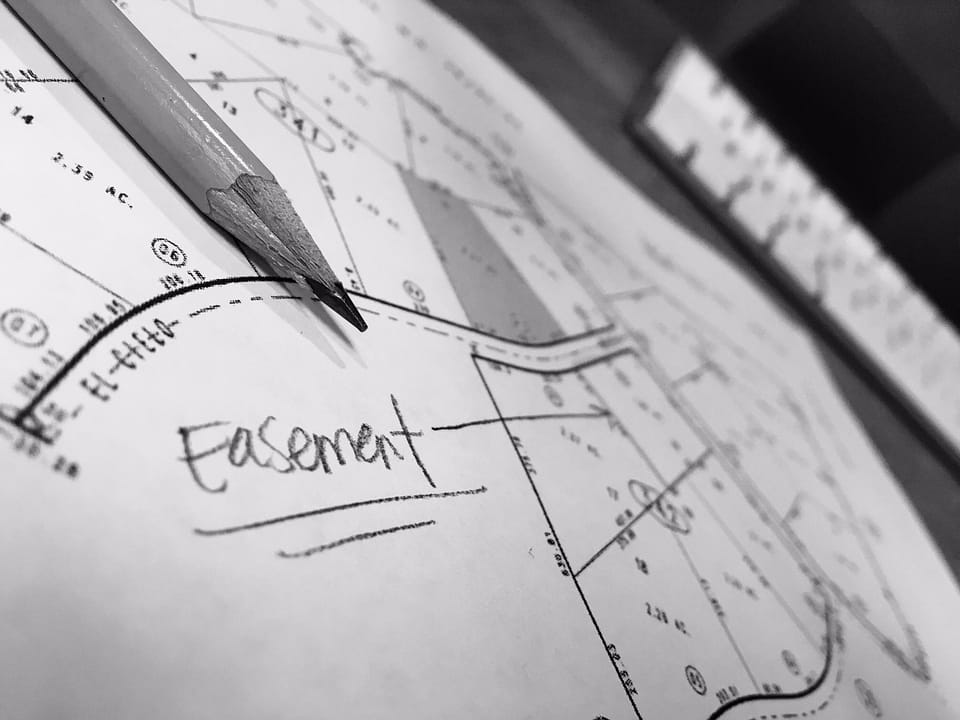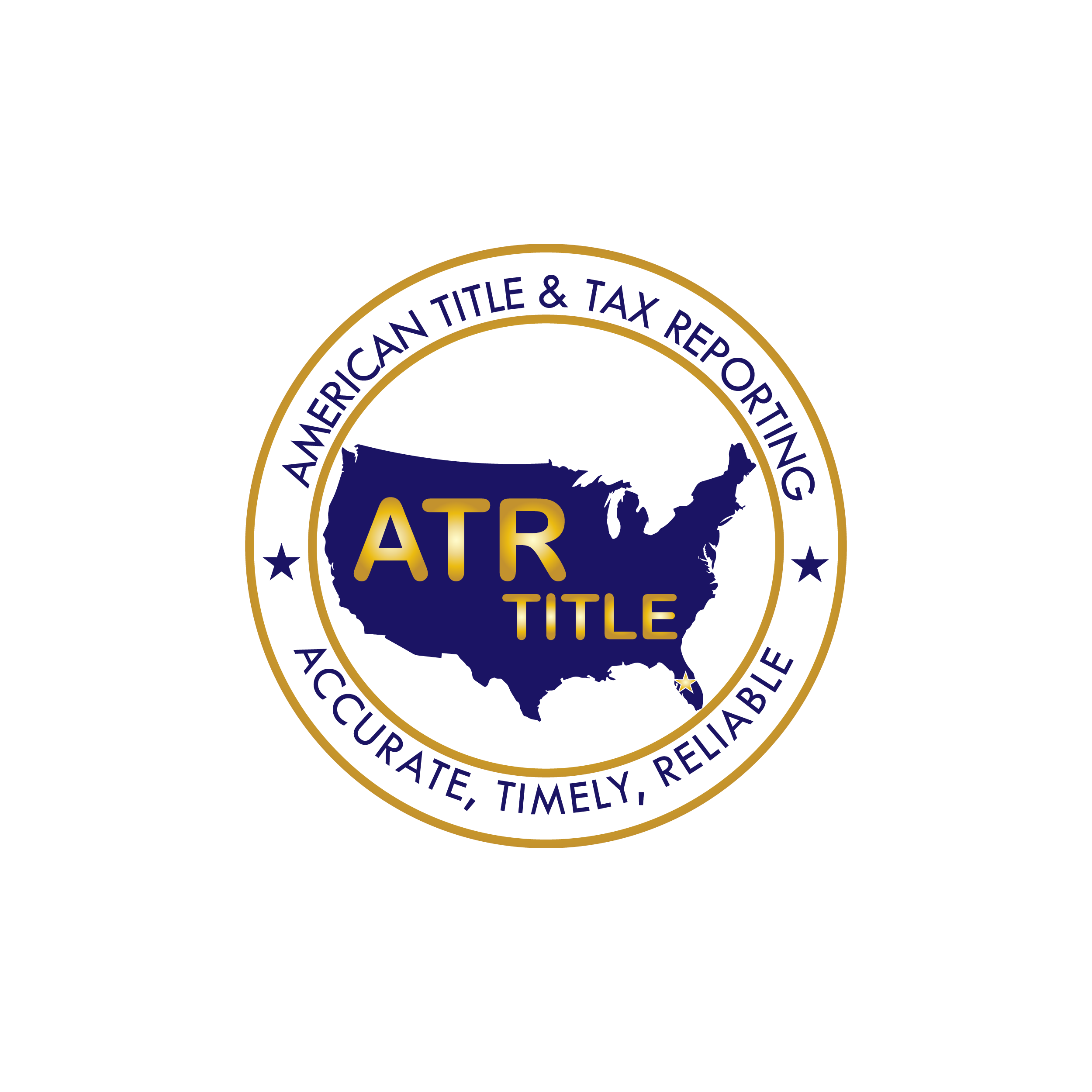How Easements and Encroachments Affect Your Property Rights

When you purchase a property, you expect to have full control over how it’s used – but often your property rights are limited by unseen legal factors that can have real-world impacts on your ownership, usage, and even the value of your property. Two of the most common and often misunderstood of these issues are easements and encroachments. Understanding how easements and encroachments affect a buyer’s property rights can be an important part of a successful real estate transaction and identifying them early is key.
Understanding Easements
An easement is a legal right that allows someone else to use a portion of your property for a specific purpose – even though you still own the land. Easements are common in both residential and commercial real estate and often benefit municipalities, utility companies, or neighboring properties. For example, a utility easement might grant a power company the right to access power lines running through your backyard.
There are several types of easements, including access easements (which allow someone to cross your land to reach theirs) and private easements negotiated between individual property owners. While easements don’t transfer ownership, they can affect how you use and enjoy your property. Fortunately, easements are typically recorded in public records and can be identified during a title search.
Understanding Encroachments
Unlike easements, which are legally granted, an encroachment happens when a structure or feature of a neighboring property crosses over into your land – intentionally or not. Common examples can include structural encroachments like a fence, driveway, or shed built beyond or too close to the rightful property line. Other examples include natural encroachments, such a tree with branches or roots extending into a neighbor’s property.
While some encroachments are minor and go unnoticed for years, others can lead to serious legal disputes over land ownership and property lines. Encroachments can impact your ability to sell the property, complicate financing, or even result in adverse possession claims if left unaddressed for too long. Unaddressed encroachments can blur property lines, leading to title complications when buying or selling a property.
There are many ways to deal with encroachments, including legal action if necessary. Sometimes a thorough title search can resolve obvious boundary disputes, but often a boundary survey is required to fully settle the issue. The important thing is to start the process early to identify any potential encroachments before they become a costly problem.
How Easements and Encroachments Affect Your Property Rights
While easements don’t transfer ownership, they do limit how you can use certain parts of your property. For example, if there’s a utility easement running through your backyard, you may not be able to build a fence or a pool in that area without permission. Some easements also grant others the right to access your land at specific times, which can affect your privacy. In rural or subdivided areas, shared driveway or access easements can create ongoing obligations between neighbors. In terms of property value, the presence of an easement – especially if it significantly restricts use – can make a property less attractive to potential buyers.
Encroachments can create serious complications when it comes to your property rights. If a neighbor’s structure – like a garage, fence, or deck – crosses onto your land, it not only affects how you can use that portion of your property, but it can also spark boundary disputes that may require legal action to resolve. In some cases, long-standing encroachments can even lead to adverse possession claims, where the encroaching party seeks legal ownership of the land they've been using. For buyers and sellers, unresolved encroachments can delay or derail a transaction, especially if a lender or title insurer requires the issue to be resolved beforehand. It is important to identify these concerns early through thorough title reviews and recommends surveys when needed, helping clients avoid unexpected liabilities and protect their ownership rights.
How Professional Title Services Can Help
A professional service company can play a vital role in helping buyers, sellers, and real estate professionals uncover issues that could impact a property’s value or legal standing. Our team specializes in delivering fast, accurate title searches, document retrieval, and property research – including deeds, liens, mortgages, and title reports. Easements and encroachments often surface during these searches or through related services that can reveal restrictions or obligations tied to the property. By providing these essential documents with speed and precision, ATR Title empowers real estate professionals to make informed decisions and resolve potential problems before they escalate.
Easements and encroachments may not be visible at first glance, but they can have a lasting impact on your property rights, usage, and resale potential. Whether you're buying, selling, or managing a property, understanding these issues is key to avoiding future conflicts and costly surprises. At ATR Title, we’re committed to helping you see the full picture through comprehensive document solutions and precise title searches. When you need reliable information delivered quickly and accurately, trust ATR Title to provide the clarity and confidence you need to move forward.
